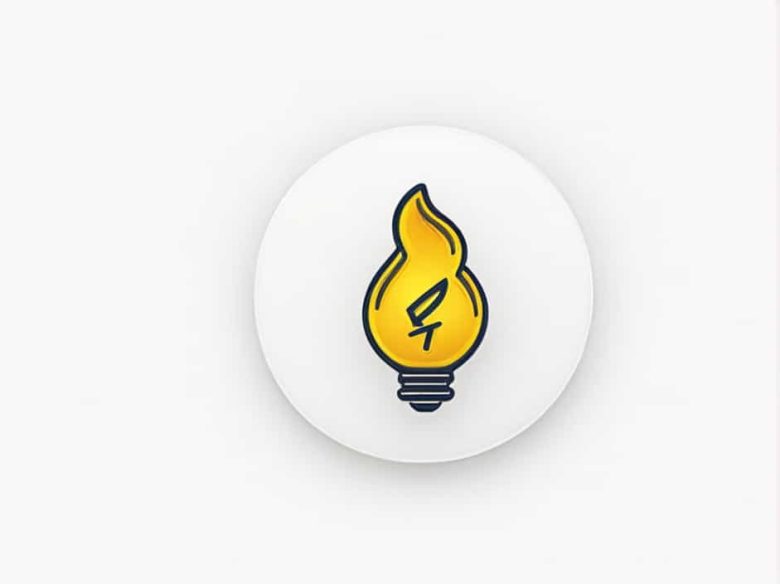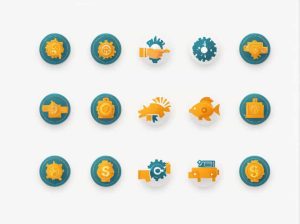Affluence and energy consumption are closely linked. As societies become wealthier their demand for energy increases driving economic growth but also raising concerns about environmental sustainability. Understanding this relationship is essential for balancing prosperity with responsible energy use.
This topic explores how affluence affects energy consumption the factors influencing this connection and possible solutions for a more sustainable future.
How Affluence Increases Energy Consumption
1. Higher Income Leads to Greater Energy Demand
As individuals and nations become wealthier they tend to use more energy-intensive goods and services. This includes:
- More cars on the road leading to increased fuel consumption.
- Larger homes with higher heating and cooling needs.
- More electronic devices and appliances.
Higher disposable income enables people to spend more on comfort convenience and luxury all of which require energy.
2. Industrial Growth and Energy Use
Wealthier countries often have well-developed industrial and manufacturing sectors which consume vast amounts of energy. Industries such as:
- Automobile production
- Steel and cement manufacturing
- Electronics and technology production
All require significant energy inputs leading to higher overall consumption.
3. Urbanization and Infrastructure Expansion
Affluent societies tend to have advanced infrastructure including:
- Highways and transportation networks.
- Commercial and residential buildings.
- Public services such as lighting water treatment and telecommunications.
These developments increase energy demand especially in large cities where electricity transportation and industrial needs are concentrated.
The Environmental Impact of Rising Energy Use
1. Increased Greenhouse Gas Emissions
Most energy production still relies on fossil fuels such as coal oil and natural gas. Greater energy consumption leads to:
- Higher carbon dioxide (CO₂) emissions.
- More air pollution from power plants and vehicles.
- Acceleration of climate change.
Affluent countries despite their ability to invest in clean energy often contribute significantly to global carbon footprints.
2. Resource Depletion
As energy demand grows the extraction of natural resources also increases. This includes:
- Mining for coal and minerals.
- Drilling for oil and natural gas.
- Deforestation for biofuel production.
These activities disrupt ecosystems and contribute to biodiversity loss.
3. Energy Inequality Between Nations
Not all countries have equal access to energy resources. Wealthy nations consume far more energy per capita than developing nations. While affluent societies enjoy modern conveniences poorer regions struggle with:
- Limited electricity access.
- Dependence on traditional biomass (wood charcoal) for cooking.
- Unreliable energy infrastructure.
This imbalance raises ethical concerns about fair energy distribution and global sustainability.
Can Wealthy Nations Reduce Energy Consumption?
1. Transition to Renewable Energy
Affluent countries have the financial and technological ability to invest in renewable energy sources such as:
- Solar and wind power to replace fossil fuels.
- Hydropower and geothermal energy for cleaner electricity.
- Nuclear energy as a low-emission alternative.
Many developed nations are already adopting cleaner energy policies to reduce their environmental impact.
2. Energy-Efficient Technology
Technological advancements play a key role in reducing energy consumption while maintaining high living standards. Some solutions include:
- LED lighting that consumes less electricity.
- Energy-efficient appliances with smart technology.
- Electric vehicles (EVs) to reduce reliance on gasoline.
- Smart grids that optimize electricity distribution.
By prioritizing efficiency affluent societies can enjoy economic growth with less environmental harm.
3. Government Policies and Regulations
Governments can encourage responsible energy consumption through:
- Carbon taxes to discourage excessive fossil fuel use.
- Subsidies for renewable energy projects.
- Strict building codes requiring energy-efficient construction.
- Public transportation investment to reduce car dependency.
Well-designed policies can help balance economic development with sustainability goals.
The Role of Individuals in Sustainable Energy Use
1. Conscious Consumption Habits
Wealthy individuals can make small lifestyle changes that lead to significant energy savings such as:
- Using public transport or cycling instead of driving.
- Reducing air conditioning and heating use.
- Choosing energy-efficient appliances and LED bulbs.
- Supporting businesses that prioritize sustainability.
2. Supporting Green Innovations
Consumers in affluent societies have the purchasing power to influence market trends. Supporting sustainable innovations like:
- Solar-powered homes and buildings.
- Eco-friendly products and services.
- Companies committed to reducing carbon footprints.
Can push businesses toward greener practices.
3. Raising Awareness and Advocacy
Educating communities about sustainable energy use and advocating for stronger environmental policies can help create long-term change. When affluent populations demand cleaner energy solutions businesses and governments are more likely to respond.
Affluence and energy consumption are deeply connected. As societies grow wealthier their demand for energy increases driving economic progress but also contributing to environmental challenges such as climate change and resource depletion.
However through renewable energy efficiency improvements and responsible policies affluent nations can reduce their environmental impact while maintaining high living standards. Individuals also play a crucial role by adopting energy-conscious habits and supporting sustainable innovations.
Balancing prosperity with sustainability is essential for a greener and more equitable future.



